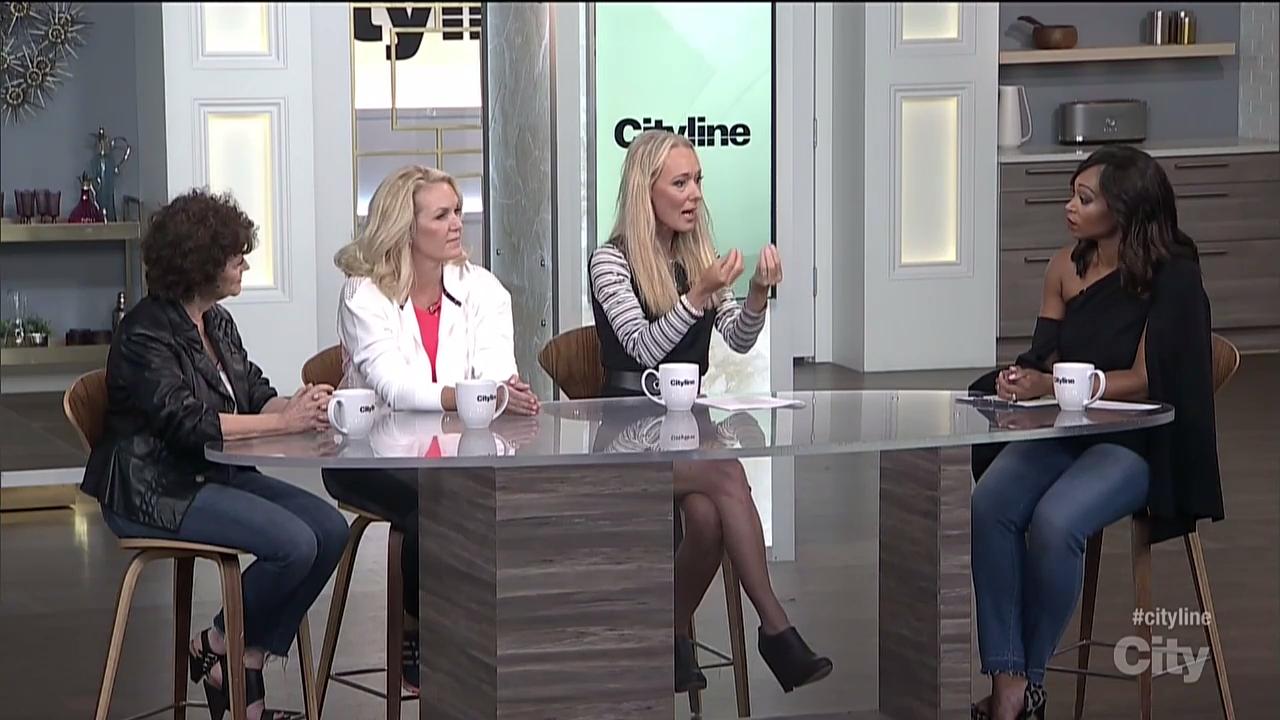The hustle culture glamorizes having and doing it all, and giving yourself permission to just do nothing can seem like an impossible feat. So how do we just say no to overworking and avoid the guilt and pressure that comes with saying no? Happiness Expert Kathie Donovan shares her tips.
Why do we as women generally feel that we have to say yes?
Saying “no” can be a big challenge for women, as we’ve been conditioned and emotionally rewarded for saying “yes” to our parents, coworkers, family, friends and children For many, saying “no” may feel like you are putting your needs ahead of others. As a whole, we women have some learning (and unlearning) to do when it comes to saying “no”.
Being able to say no is important to your physical and mental health. According to the University of California, the more difficulty that you have saying no, the more likely you are to experience stress, burnout, and even depression, so putting your foot down sometimes is absolutely necessary.
Too often, women use “yes” for control, protection and to please others. Accepting when we don’t want to won’t produce results that anyone is happy about. It’s important for us to be honest with ourselves about what we want in order to use the words yes and no effectively. We can say yes to people and situations that are aligned with our desires and goals and we can say no to what is not aligned.
It’s really that simple; the complicated piece is doing the investigative work to determine what we want, which helps us set our goals and gives us a clear path.
Unlearning and learning are processes that require great courage, but we need to say no when our gut or intuition guides us to say so, even when we feel afraid of the outcome. It’s a practice that builds clarity and confidence and it’s on us to take the first steps.
How to we remove the pressure of feeling that we have to be doing everything and doing it well?
A 2009 survey from the Auburn University in Alabama found that women are more likely than men to experience feelings of inadequacy at home and at work, and a larger proportion felt they failed to meet their own high standards. How can we reverse the conditioning that has told us that we are not enough?
Let’s remind ourselves that the only things we have control over are the thoughts we choose to think and the mindset we have. Pressure to do, be and have everything is in our invisible conditioning. The great news is that everyone on earth is gloriously flawed., but we are still enough exactly as we are. We are amazing, we are resilient and we are the sum of the lessons we’ve learned. We need to make the choice not to be run by other people’s expectations of us and instead to stay in our own lane and do what is best for us personally. There’s nothing wrong with wearing pjs all day, if that’s what you need, especially now.
How do we avoid falling prey to the messaging that propagates hustle culture?
Quotes like “nobody ever changed the world on 40 hours a week” run rampant on social media and in advertising, becoming ingrained in our minds as we scroll. Hustle culture is incredibly stressful. It implies comparison and competition when our real strength as women is collaboration. Some women are being gaslit into thinking they’re not doing enough, when they’re pivoting and working hard to achieve their dreams and goals. What more could we want from them? “Hustle culture” is just a glorified, idolized way of describing being a workaholic. It’s framed as desirable, and a lot of social media posts about the hustle are bragging about wins, showing images curated for perfection. We have to keep in mind that this is all performative, and only the best of a person is shown on social media.
The best path to success is to be yourself. It’s not headline-grabbing to say be patient, stop complaining, get a mentor, have goals and persist but that’s how success is shaped. Everything in this world is about ebb and flow, expansion and contraction and hustle culture is focused on expansion in all ways, always. It’s not realistic if what we want is to live life as a happy human being and not a human doing.



